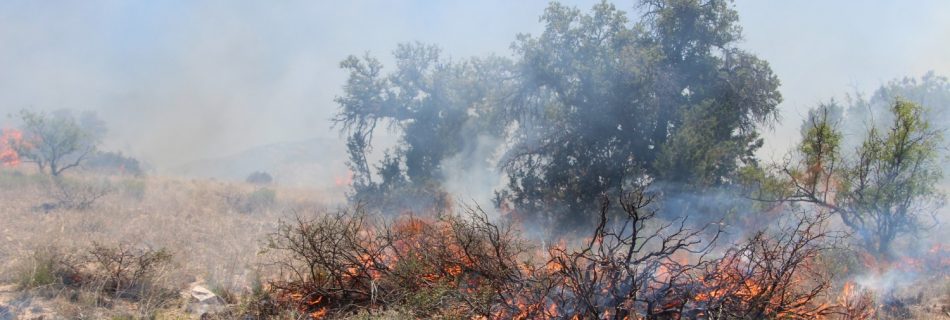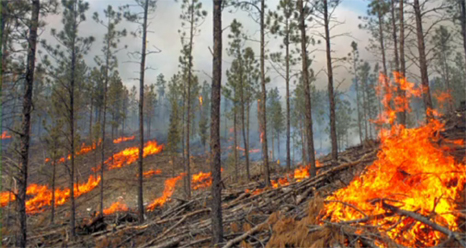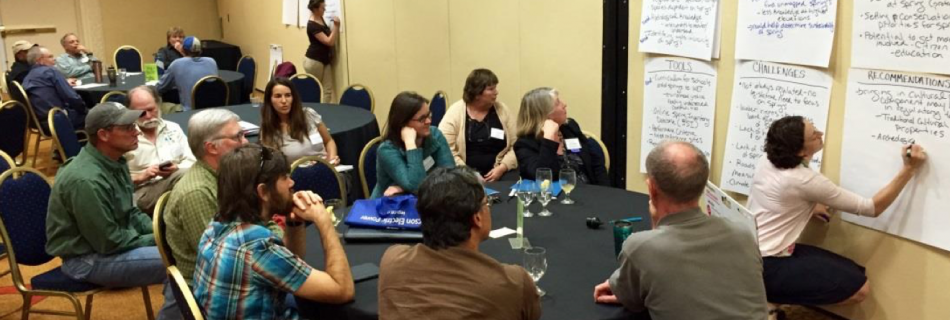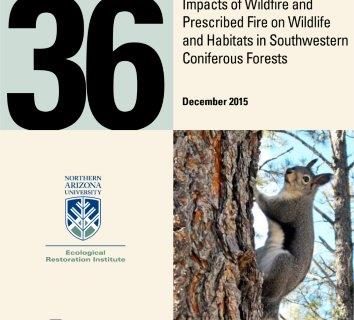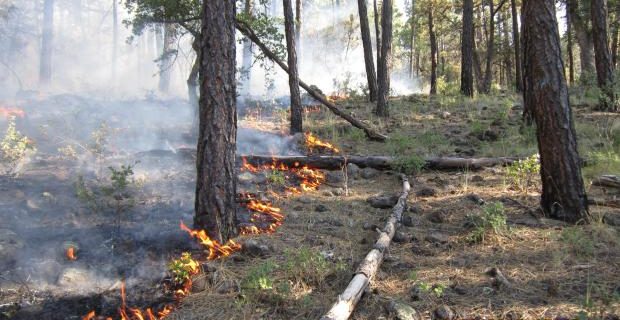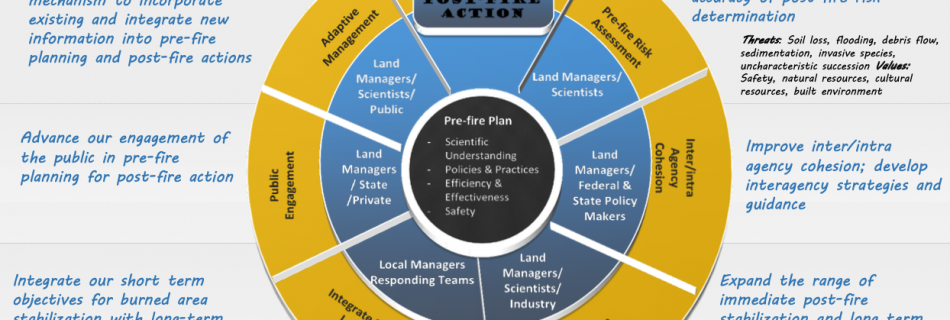2016 Fire Ecology & Management Conference
Beyond hazardous fuels: Managing fire for social, economic, and ecological benefits Recordings and field trip info now available! This Southwest Regional Fire Ecology and Management Conference occurred in Tucson, Arizona November 28 – December 2, 2016 in partnership with the Association for Fire Ecology. To view recordings of plenary presentations and some others, click here …
